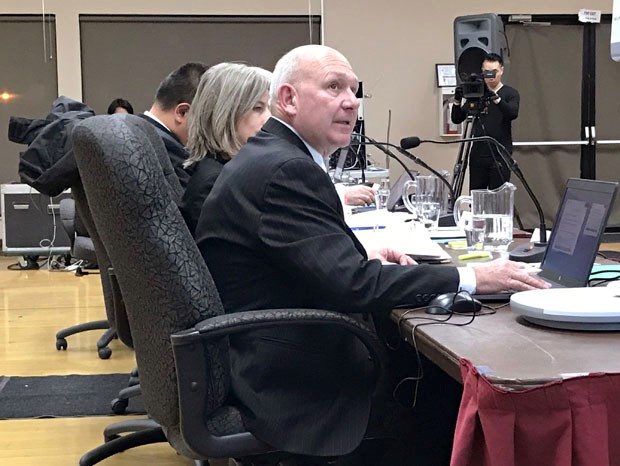The average Delta homeowner will be paying $500 more in property taxes over the next five years.
That was the concerned observation from Coun. Lois Jackson during Delta council’s discussion on the city’s five-year financial plan, which was endorsed at a meeting in North Delta last week.
“So, I just want to be clear. This is basically $100 more this year and it will be another $100 every year for the next five years, so that’s $500 we’ll all be paying?” Jackson wondered.
This year’s proposed property tax increase, which doesn’t include what other taxing authorities such as TransLink will take from taxpayers, is 2.99 per cent, which works out to $70 for the average home. The utility bill, meanwhile, is set to rise by $30, which means an extra $100 coming out of the pockets of taxpayers.
In addition to this year’s increase, the five-year financial plan projects property taxes to rise two per cent each year from 2020 to 2023. When that’s combined with projected hikes to the utility bill, the average home will see an increase of about $100 each year.
While breaking down where this year’s tax increase will be directed, finance director Karl Preuss responded to Jackson by comparing tax increases proposed by other Lower Mainland municipalities, noting Delta is in line or lower than most, including West Vancouver (5.6 per cent), Vancouver (five per cent) Surrey (2.9 per cent), Richmond (6.8 per cent), Port Moody (5.5 per cent) and City of Langley (6.98 per cent).
Saying the city has been trying to keep any increases around the cost of living index, Mayor George Harvie described Delta’s tax plan as “exceptional” in additional services and public safety investments, while continuing the policy of no new debt.
Noting some of the new investments will be directed towards sports fields, sports courts, tracks and recreational facility upgrades, as well as the Delta Family First Program, Harvie also pointed out one per cent of this year’s tax draw is to pay for the provincial government’s “tax grab” in the form of the new employer health tax.
A key to minimizing future increases will be further development of the industrial areas and intensification along the Scott Road corridor to increase the tax base, Harvie said.



